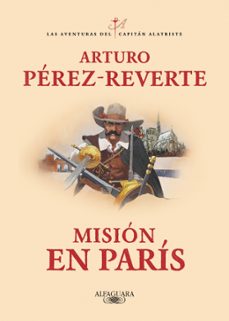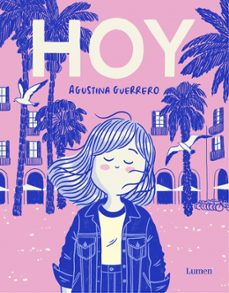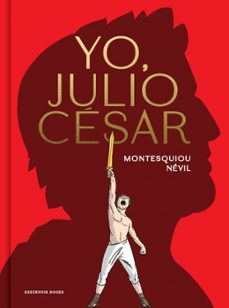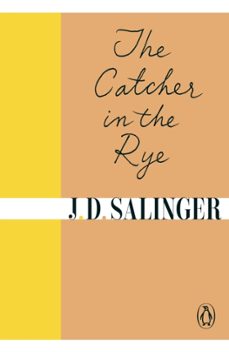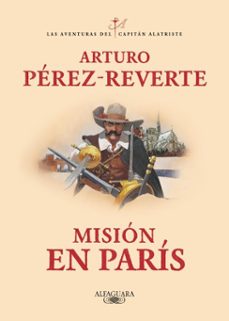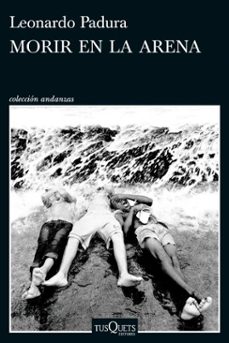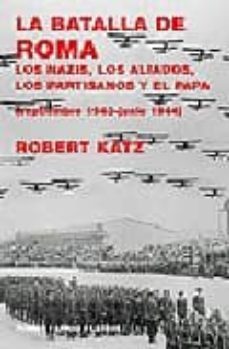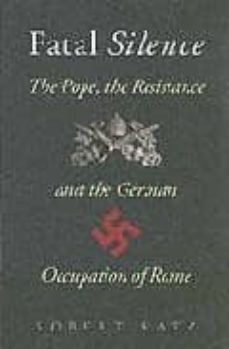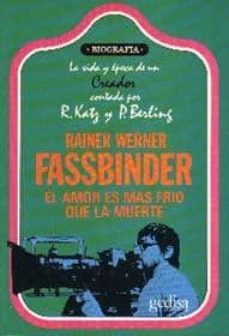Imprescindibles
Ficción
Literatura ContemporáneaEstudios literariosClásicosCuentosPoesíaTeatroLibros de bolsillo Sagas literarias
Géneros literarios Novela romántica y eróticaNovela negraNovela históricaNarrativa fantásticaNovela de ciencia ficciónNovela de terrorNarrativa de humorNarrativa de viajes
No Ficción
Ciencias y tecnología BiologíaCienciasCiencias naturalesDivulgación científicaInformáticaIngenieríaMatemáticasMedicinaSalud y dietas Formación Idiomas Estilo de vida Libros de CocinaGuías de viajeNarrativa de viajesDeportesLibros de JuegosManualidades
Humanidades Autoayuda y espiritualidadCiencias humanasDerechoEconomía y EmpresaPsicología y PedagogíaFilosofíaSociología Filología BiblioteconomíaEstudios filológicosEstudios lingüísticosEstudios literariosHistoria y crítica de la Literatura
Infantil
Juvenil
Cómic y Manga
Novela gráfica Novela gráfica americanaNovela gráfica europeaNovela gráfica de otros países Personajes, series y sagas Series y sagasStar Wars Superhéroes Cómics DCCómics MarvelCómics otros superhéroesCómics Valiant
eBooks
Literatura ContemporáneaNarrativa fantásticaNovela de ciencia ficciónNovela de terrorNovela históricaNovela negraNovela romántica y erótica Juvenil Más de 13 añosMás de 15 años Infantil eBooks infantiles
Humanidades Autoayuda y espiritualidadCiencias humanasEconomía y EmpresaPsicología y PedagogíaFilosofía Historia Historia de EspañaHistoria Universal Arte CineMúsicaHistoria del arte
Ciencia y tecnología Ciencias naturalesDivulgación científicaMedicinaSalud y dietas Filología Estudios lingüísticosEstudios literariosHistoria y crítica de la Literatura Estilo de vida CocinaGuías de viajeOcio y deportes
Robert Katz
Recibe novedades de ROBERT KATZ directamente en tu email
Filtros
Del 1 al 4 de 4
TURNER 9788475067117
Diplomacia vaticana Este apasionante libro cuenta uno de los episodios más controvertidos de la Segunda Guerra Mundial: la importancia de Roma en la guerra, como ciudad símbolo de la civilización y, dentro de ella, del Vaticano como Estado teocratico bajo la autoridad del papa Pio XII. El periodo de un año (1943-1944) fue crucial en la final liberacion de la ciudad por los aliados: en el se produjeron la caida de Mussolini, la huida del rey Victor Manuel, la masacre nazi de las Fosas Ardeatinas, la deportacion de mas de mil judios romanos a Auschwitz y la organizacion de la resistencia partisana. El papel jugado por el papa, al que se denuncia como un personaje frio, distante, germanofilo capaz de ignorar la tragedia judia en un faustico pacto de silencio con los nazis, es central en la obra. La extraordinaria documentacion manejada por el autor, entre la que se cuentan entrevistas con 18 personajes clave de aquella situacion, no ignora a los heroes anonimos, religiosos o laicos, que protagonizaron la lucha diaria de la ciudad ocupada.
Ver más
Tapa blanda
CASSELL PLC 9780304366811
This is the epic story of the brutal occupation of Rome by the Germans after the fall of Mussolini in July 1943 up to the capture of the city by General Mark Clark in June 1944. Swelling to nearly twice its usual size with more than a million refugees from the countryside, Rome became a city of spies, double agents, informers, torturers, escaped Allied war prisoners, hunted Jews and hungry people. The city was the focus for four groups, each anathema to the others: the Allies, trying to capture Rome as their first shining prize of the war; the Germans, trying to throw the intruders back into the sea, holding Rome hostage and using it rapaciously as a supply line to the front; the Pope, trying to bring the West and the Germans to terms and save the world from Communism and the Vatican City from destruction; and the partisans, trying to redeem Italy''s honour by making Rome untenable for the occupiers.
Ver más
Tapa blanda
Robert Katz y BERLING, P.
GEDISA 9788474323177
Tapa blanda
Del 1 al 4 de 4





